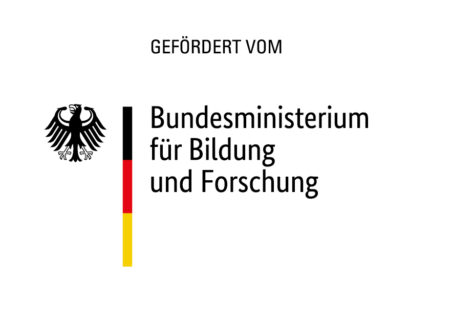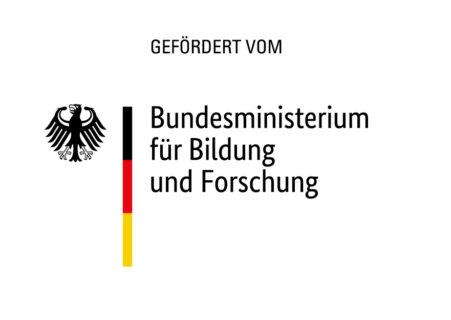Arts, Aesthetic and Cultural Education
Several of our research projects on arts education address a wide range of artistic and cultural leisure activities of children and young people. Despite their educational relevance and intrinsic value, such activities are often insufficiently considered in large educational studies. Our particular focus is on musical and artistic activities. Beyond the artistic activities belonging to the field of cultural education in the narrower sense, we also consider activities for the preservation of intangible cultural heritage as relevant to cultural education. These can relate to the culture of building as well as to the cultural landscape in rural areas.
In view of a fundamental digital transformation of society, it is also becoming increasingly important for cultural participation for people to learn to use digital technology for their own goals. We therefore investigate how children and young people in particular can be encouraged to use technology in order to develop creative ideas. The boundaries to STEM education are fluid here.
Similar to the STEM field, investigating the role of parents, peers, and teachers is also vital to our studies on the development of children’s and young people’s activities with regard to cultural activities and to the exploration of design features for low-threshold interventions.
Our empirical studies on cultural education are part of a larger research program on education and empowerment in the post-digital age.
| Selected Publications |
Kröner, S., Christ, A., & Penthin, M. (2021). Stichwort: Digitalisierung in der kulturell-ästhetischen Bildung – eine konfigurierende Forschungssynthese [Digitalization in aesthetics, arts and cultural education—a scoping review]. Zeitschrift für Erziehungswissenschaft, 24, 9-39. https://dx.doi.org/10.1007/s11618-021-00989-7
Smolarczyk, K., Wießnet, V., Birnbaum, L., & Kröner, S. (2022). The effects of setting and music on the intention to participate in out-of-school music classes: An experimental video vignette study. Psychology of Music, 50(2), 345-364. https://doi.org/10.1177%2F03057356211000124
Kröner, S. (2013). Kulturelle Partizipation bei Jugendlichen als Feld der Person-Umwelt-Transaktion [Cultural participation in adolescents as a field of person-environment transaction]. Zeitschrift für Erziehungswissenschaft, 16, 233–256. https://doi.org/10.1007/s11618-013-0432-y
| Third-Party Funded Projects |



![Towards entry "Condensed Joy? Multi-day Music-Educational Interventions: Determinants of Participation, Effective Design Features and Effects on Competences and Personal Development [MEMU-IN]"](/files/2018/04/BMBF_gefoerdert-vom_deutsch.jpg)
